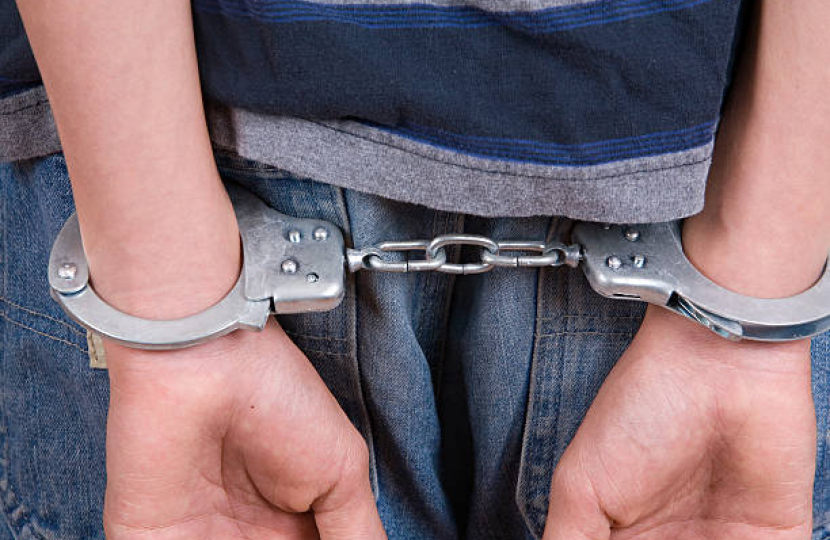
The last ten years of Conservative Government have seen an dramatic reduction in the
volume of first-time entrants to the Youth Justice System with figures falling by an incredible
85% since 2009. However, re-offending rates have gradually risen as have lengths of sentence
and incidences of suicide and self-harm within young offender’s institutes.
There is strong evidence that Young Offender’s institutions do more harm than good when
dealing with first-time offenders. HM Prison’s Inspectorate in 2015 said that YOIs ‘were rife
with gang violence’ and they ‘were no better than conventional adult prisons at preventing
re-offending.’
Too many young offenders of non-violent/non-serious crimes are processed through the
prison system at an early age and are becoming institutionalised career criminals. Prison is
not an environment conducive to rehabilitation. My proposal gives young offenders a
meaningful second chance and keep them out of the damaging penal system.
I propose a scheme to keep young offenders of non-violent/non serious crimes out of prison
and create a conditional amnesty for first time offenders to clear their criminal record if they
do not re-offend for 3 years. The scheme will run concurrently to a 3-year suspended sentence
and if they do not abide by the rules of the licence or they commit a crime they will be
rearrested and sent to prison.
The scheme will have four elements:
1. It will provide a mentoring system where offenders are matched with a relatable
mentor from their own community, ethnic and socio-economic background. The
mentor will continue to be part of their lives as someone who can help set goals, offer
advice and understand the challenges they will face. Many young offenders grow up
in an environment where they do not have a strong or positive role model and the
mentor will endeavour to provide this. They will not be an authoritarian figure but a
supportive and understanding one. They will also be able to put the child in contact
with professional mental health services if this is applicable. The mentor will also act
as a liaison with the probation service and the police.
There are already charitable and public sector sponsored schemes that could be linked
to a government scheme. I have had personal experience of the marvellous mentoring
work Chance UK does with vulnerable children to help with education, confidence and
goal setting.
2. To earn the amnesty they have to enrol on an educational/vocational programme that
will give them a qualification that will lead either to employment or an apprenticeship.
This will give them the tools to move their life forward.
We have a fantastic further education network of colleges and courses that could be
joined up with a scheme like this. The funding for this is already there, the
implentation of this would be minimal.
A meaningful second chance…
3. Additionally the young person should get involved in a community project, possibly
helping other young or vulnerable people. Similar to community service but more
purposeful and with an emphasis on providing a sense of altruism and community
spirit.
4. Finally, they will also be required to take part in a sport either coaching or participating
themselves.
Sport can provide a positive outlet for the tribalism that young people seek in gang
culture. Many first-time young offenders are committing gang or knife related crime.
In the year to March 2019 government statistics 4,500 knife or offensive weapon
crimes were committed by children.
Again, there are charitable organisations already doing achieving amazing outcomes
in this area. Sport Works Ltd is a nationwide community sports programme that
combats crime and anti-social behaviour and promotes community cohesion.
If at the end of three years they have earned the qualification and are in position to get a job,
have continued to work positively within their chosen community project and have remained
engaged with the sporting scheme they will have their criminal record wiped clean.
This scheme would be easy to implement as many of the agencies already exist and funding
could be redistributed from current spending the YJS, the government spends £86,000 per
year keeping a 15-year-old in a YOI.
This policy offers a meaningful, realistic second chance for young people who have taken a
wrong turn, it does not seek to punish without reformation, it seeks to reform without
punishment.
If as Conservatives we believe in equality of opportunity then we have to strive to ensure that
opportunity is not revoked from those who need it most to change their life chances.
https://conservativehome.com/2020/04/11/emma-ware-my-winning-ideas-for-…



